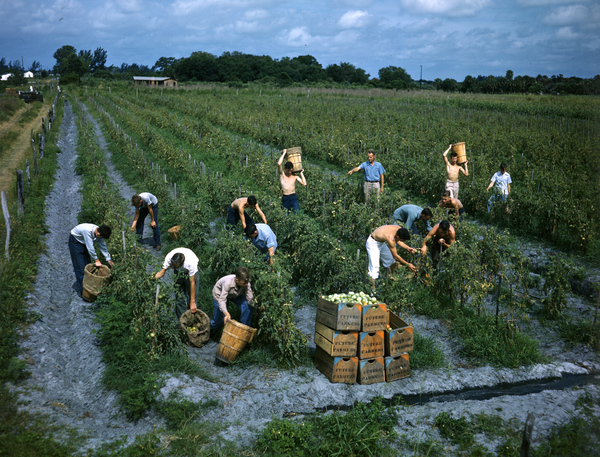
Rodney Howard-Browne, pastor of The River church in Tampa, Florida, strongly believes that God wants his church to continue holding live services for hundreds of parishioners even in the middle of the COVID-19 pandemic.
Hillsborough County sheriff Chad Chronister and state attorney Andrew Warren strongly believe that they’re entitled to threaten Howard-Browne with arrest for holding those services, then follow through on that threat.
Howard-Browne is obviously willing to go to jail for his belief. Are Chronister and Warren willing to go to prison for theirs?
Whether Howard-Browne is correct in his assessment of God’s commands isn’t something I’ll pretend to know. But Chronister and Warren are, beyond a shadow of a doubt, incorrect in their claims of authority.
The First Amendment to the Constitution protects both the “free exercise of” religion and the right “peaceably to assemble.” While that amendment initially bound only Congress, the 14th Amendment has generally been construed to extend its strictures to the state and local levels of government.
And then there’s 18 United States Code, Sections 241 and 242.
Section 241 provides for up to ten years of imprisonment if “two or more persons [for example, Chad Chronister and Andrew Warren] conspire to injure, oppress, threaten, or intimidate any person in any State, Territory, Commonwealth, Possession, or District in the free exercise or enjoyment of any right or privilege secured to him by the Constitution or laws of the United States, or because of his having so exercised the same.”
Section 242 adds another potential year of imprisonment for doing the above “under color of any law, statute, ordinance, regulation, or custom,” including “stay-at-home” or “lockdown” orders issued by local and state political officials.
I double-checked, just to make sure. Neither the First Amendment nor either of those US Code provisions include an “unless someone jumps up and down and screeches that there’s an emergency” exception.
Rodney Howard-Browne may not be the sharpest knife in the drawer (many churches are holding services online and I haven’t heard of any divine smite-downs over it), but he’s within his rights.
Chronister and Warren may be genuinely concerned about the spread of COVID-19, but they’re also lawless hooligans operating well beyond any reasonable claim of legitimate authority.
Sadly, they’re far from unique. Once the immediate danger is past, we should proceed immediately to Nuremberg-type tribunals to deal with them and the hundreds or even thousands of temporarily over-empowered scofflaws like them.
Thomas L. Knapp (Twitter: @thomaslknapp) is director and senior news analyst at the William Lloyd Garrison Center for Libertarian Advocacy Journalism (thegarrisoncenter.org). He lives and works in north central Florida.
PUBLICATION/CITATION HISTORY


